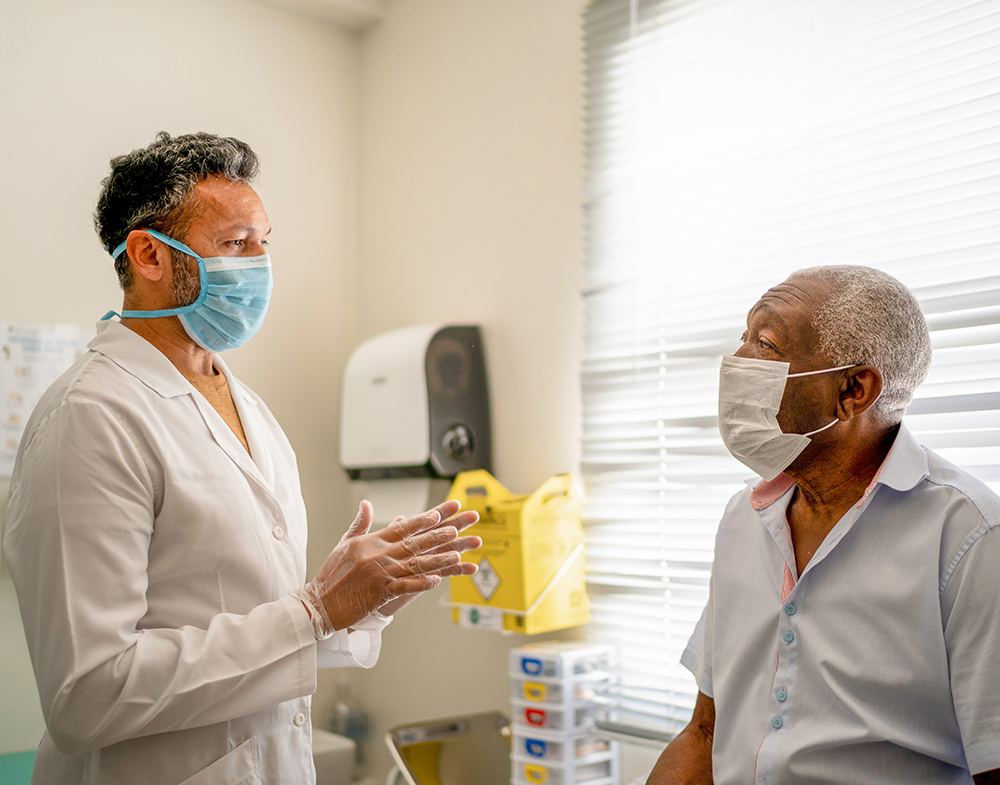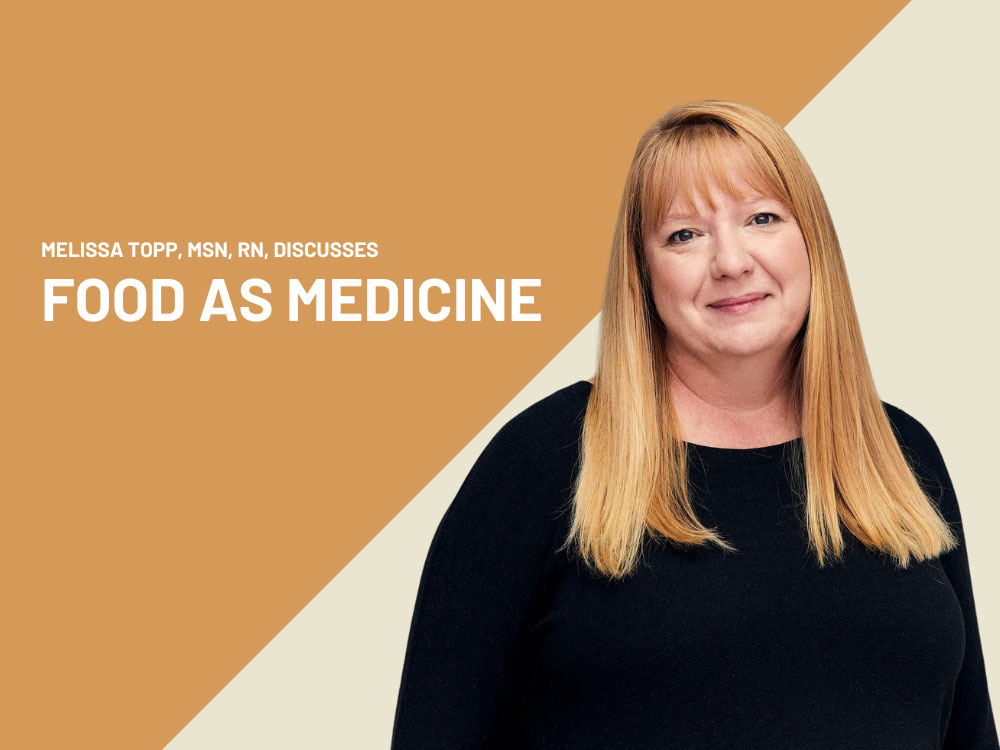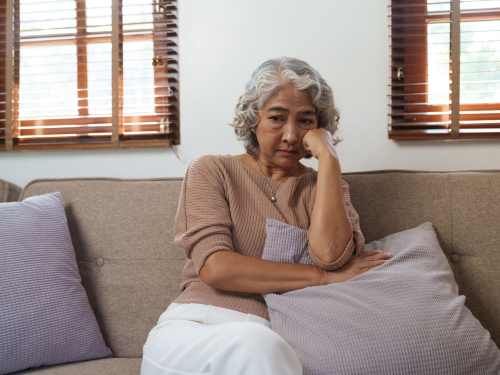Healthy Living
Preparing Your Child for a Healthy Return Back to School
13 August 2021
In a few weeks, kids will head back to the classroom for the start of a new school year. For many, this marks the return to full-time in-person learning, which can be the source of concern for students and parents who are worried about the spread of germs or viruses, including the highly infectious Delta variant of COVID-19. There is growing apprehension for large indoor and outdoor gatherings, with many questioning if a mask mandate should be reinstated, even for those who are vaccinated.
Providence Health Plan has tips for parents to help keep their minds at ease and empower them with the knowledge they need before they send their kids off to school.
Vaccinating Children Age 12 and Older
According to the Centers for Disease Control (CDC), it is strongly recommended that children age 12 and older receive the COVID-19 vaccine. Not only will the vaccine protect your children from contracting the virus, but it will also help stop the spread to others who aren’t yet eligible, such as children under age 12. It is completely normal and understandable for parents to have questions about the safety of the vaccine for their child and any side effects that could impact their overall health.
Of the COVID-19 vaccines authorized for use, the Pfizer-BioNTech COVID-19 vaccine is deemed both safe and effective for children ages 12 and up. Similar to the minor side effects adults may experience, the side effects for children are temporary and include pain, redness and swelling in the injection area, as well as fatigue, headache, muscle ache, chills and fever. Talk with your child’s primary care provider if you have any questions or concerns about whether the vaccine is right for your child.
Making Decisions for Future Vaccinations
There is no COVID-19 vaccine available for children under the age of 12; however, clinical trials are currently underway for children in this age group. In the meantime, it is important for parents to prepare themselves with information to make vaccination decisions for children of all ages. If you have any questions on the vaccine and whether your child should get vaccinated, read this article from Providence Health Systems’ Chief Clinical Officer, Robin Henderson.
Although children under age 12 are not yet eligible for the COVID-19 vaccine, children six months and older are eligible to receive a yearly flu shot. Having your child receive an annual flu shot is a safe and effective way to help prevent the spread of the flu and keep your child protected from the virus. Parents of children with health ailments, such as asthma or diabetes, should consider the flu shot and the protection that it is providing against further complications that the flu could have on your children. In fact, a yearly flu vaccine is recommended for all age groups, especially for those above 65, to help keep our extended communities safe and healthy.
Lastly, it is important that your child is up to date on all recommended or required vaccines and that you have completed the necessary forms to enroll your child in school. As with any vaccine, you should discuss any questions or concerns with your child’s doctor to ensure you are making the best decision for your child’s health.
Keeping Unvaccinated Children Healthy
Regardless of your child’s vaccination status, there are several steps that you and other parents can take to help keep children safe and healthy this school year. Below are a few tips for parents to keep in mind as you prepare for the back-to-school season:
-
The Power of Masks: Ahead of the 2021-2022 academic school year, the Oregon Department of Education has announced that they will require all students, staff and visitors to wear masks while on school campuses. Outside of school, the CDC still recommends that children wear masks indoors and when around others who may not be vaccinated. By encouraging children to wear masks while indoors, including on school buses and while gathered with others outside of the classroom, they are less likely to contract or transmit the COVID-19 virus, the flu or common colds.
-
Encouraging COVID-19 Vaccinations: Make sure that all members in a household who are eligible, get vaccinated. This will minimize the risk of COVID spreading in your household and will help keep family members, including those who are more vulnerable, safe from contracting the virus or from developing serious side effects.
-
Teaching Children the Importance of Good Hygiene: To help prevent the spread of germs, it is important to teach children proper hygiene practices. Washing hands with warm water and soap for at least 30 seconds, not sharing drinks or utensils with others, covering their mouths when they cough or sneeze, and disposing of used tissues, are among the simple yet effective hygiene practices that we can help instill into our children at a young age.
-
Keeping Kids Home if They Seem Sick: Cold and flu season can wreak havoc on classrooms. If a child is exhibiting symptoms such as a fever, congestion, runny nose, sore throat, or cough, it is critical to keep them home from school until they are feeling better and are no longer displaying symptoms. Not only will this allow sick children to take the time to rest and recover, it will also prevent more children from getting sick and transmitting the illness to family members who may be immune compromised.
-
Helping Children Manage Stress: While remote learning has been difficult for children, re-entering a physical classroom may be just as difficult for many children. It is important for parents to monitor their children for any signs of stress or anxiety and have ongoing conversations about their feelings. If your child is experiencing anxiety, depression or other mental health issues, Providence Health Plan has a network of mental health professionals, licensed therapists and behavioral health providers who can provide support. Parents can access an in-network behavioral health provider in a few steps:
-
Log in to your myProvidence account
-
Click the provider directory to sort through and find providers in your area who offer mental and behavioral health services
-
Contact the provider to make an appointment - no referral required
For additional information regarding COVID-19, please visit the CDC and FDA COVID-19 websites.
Read More
Hey!
You are now leaving the Providence Medicare Advantage Plans website. Are you sure that’s what you’d like to do?
No, I'll stay Yes, I'm leaving





